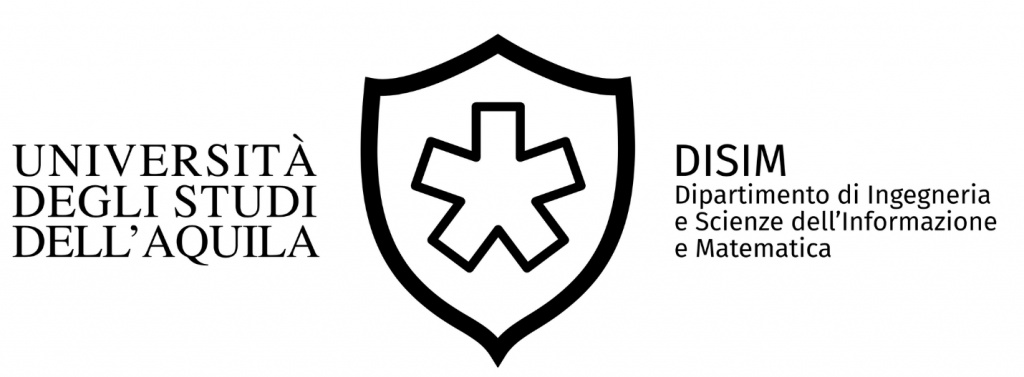[Seminar] What we can learn from the system structure in biology and epidemiology
Speaker: Giulia Giordano (Università di Trento)
Title: What we can learn from the system structure in biology and epidemiology
Abstract: Biological, ecological and epidemiological systems can be seen as dynamical networks, namely dynamical systems that are naturally endowed with an underlying network structure, because they are composed of several subsystems that interact according to an interconnection topology. Despite their large scale and complexity, natural systems often exhibit an extraordinary robustness that preserves fundamental properties and qualitative behaviours even in the presence of huge parameter variations and environmental fluctuations.
First, we focus on biochemical reaction networks and look for the source of the amazing robustness that often characterises them, by identifying properties and emerging behaviours that exclusively depend on the system structure (the graph topology along with qualitative information), regardless of parameter values. We introduce the BDC-decomposition to capture the system structure and enable the parameter-free assessment of important properties, including the stability of equilibria and the sign of steady-state input-output influences, thus allowing structural model falsification and structural comparison of alternative mechanisms proposed to explain the same phenomenon.Then, inspired by the COVID-19 pandemic and the observation that compartmental models for epidemics can be seen as a special class of chemical reaction networks, we consider epidemiological systems describing the spread of infectious diseases within a population, along with control approaches to curb the contagion: we illustrate strategies to cope with the deep uncertainty affecting parameter values and optimally control the epidemic.
Bio: Giulia Giordano received the B.Sc. and M.Sc. degrees in electrical engineering and the Ph.D. degree in systems and control theory from the University of Udine, Italy, in 2010, 2012, and 2016, respectively. She visited the Control and Dynamical Systems Group, California Institute of Technology, Pasadena, CA, USA, in 2012, and the Institute of Systems Theory and Automatic Control, University of Stuttgart, Germany, in 2015. She was a Research Fellow with the LCCC Linnaeus Center and the Department of Automatic Control, Lund University, Sweden, from 2016 to 2017, and an Assistant Professor with the Delft Center for Systems and Control, Delft University of Technology, The Netherlands, from 2017 to 2019; she is currently with the Department of Industrial Engineering, University of Trento, Italy. She has been an Associate Editor for the IEEE Control Systems Letters since 2020 and for Automatica since 2022. She was recognised with the Outstanding Reviewer Letter from the IEEE Transactions on Automatic Control in 2016 and from the Annals of Internal Medicine in 2020, and chosen as Outstanding Associate Editor of the IEEE Control Systems Letters for the year 2021. She received the EECI Ph.D. Award 2016 from the European Embedded Control Institute, the NAHS Best Paper Prize 2017, and the SIAM Activity Group on Control and Systems Theory Prize 2021. Her main research interests include the analysis and the control of dynamical networks, with applications especially to biology and epidemiology.
When: Monday November 7th 2022 from 11 am to 12 am
Where: Webex at https://univaq.webex.com/univaq-en/j.php?MTID=mc025f51685b16e943c96761b9b7fb79c
